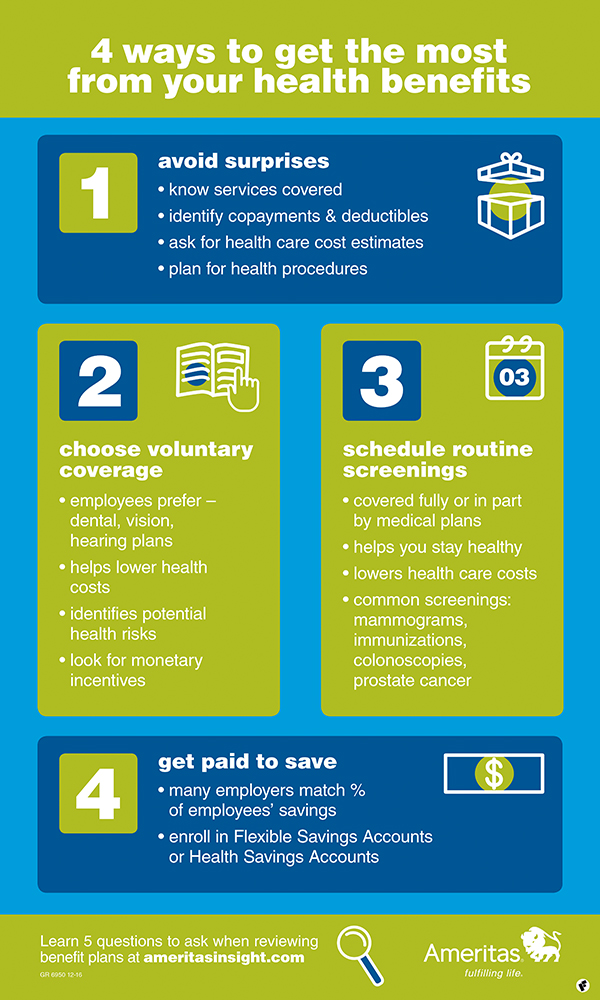WASHINGTON (Reuters) - U.S. President-elect Donald Trump extended his war of words with African-American civil rights leader John Lewis on Tuesday, accusing the Democratic congressman of lying when he said Trump's inauguration would be the first that he would miss.
"John Lewis said about my inauguration, 'It will be the first one that I've missed.' WRONG (or lie)! He boycotted Bush 43 also because he 'thought it would be hypocritical to attend Bush's swearing-in....he doesn't believe Bush is the true elected president.' Sound familiar!" Trump said in a pair of posts on Twitter.
"He got caught in a very bad lie," Trump said in an excerpt of an interview broadcast on Fox News on Tuesday.
Lewis' office did not respond to a request for comment on Tuesday.
The Republican president-elect initially clashed with Lewis on Twitter over the weekend after the U.S. representative from Georgia questioned the legitimacy of his Nov. 8 election victory, because of U.S. intelligence agencies' conclusion that Russia meddled in the campaign.
Lewis also said he would not attend Trump's swearing-in this Friday and that "it will be the first one that I miss since I've been in the Congress."
Lewis' remarks, in an interview with NBC's "Meet the Press," were released last Friday at the beginning of the holiday weekend honoring slain black civil rights leader Martin Luther King Jr.
Trump responded on Saturday by tweeting that Lewis had falsely complained about the election results and instead "should spend more time on fixing and helping his district, which is in horrible shape and falling apart (not to mention crime infested)." Trump wrote dismissively that he was "all talk."
On Tuesday, Trump continued the battle, quoting an article in the Washington Post in 2001 that said Lewis spent Inauguration Day in his Atlanta district rather than see Republican President George W. Bush sworn in.
Bush was declared the winner of the 2000 presidential election after the U.S. Supreme Court halted a protracted recount of a close race in Florida against Democrat Al Gore.
Trump's attacks on Lewis offended many Americans including some of Trump's fellow Republicans. Trump drew just 8 percent of the black vote in the November election.
The 76-year-old Lewis, who has been a civil rights leader for more than half a century, was beaten by police during a march he helped lead with King in 1965 in Selma, Alabama, drawing attention to hurdles for blacks to vote.
Maine's Republican governor, Paul LePage, chided Lewis on Tuesday in a radio interview, saying several Republican presidents had pursued civil rights reforms and Lewis should offer a simple word of thanks.
LePage, who has referred to himself as a proto-Trump political figure, has been involved in controversies including making racially charged statements and using obscenities.
(Reporting by Doina Chiacu; Additional reporting by Eric Walsh and Eric Beech; Editing by Frances Kerry and Peter Cooney)








